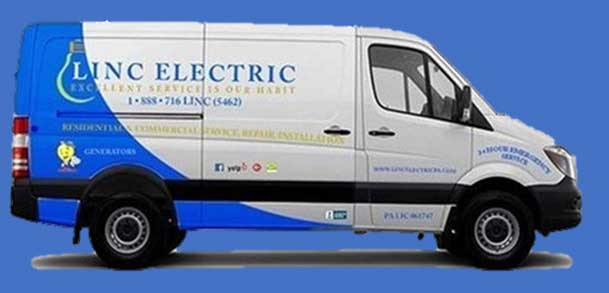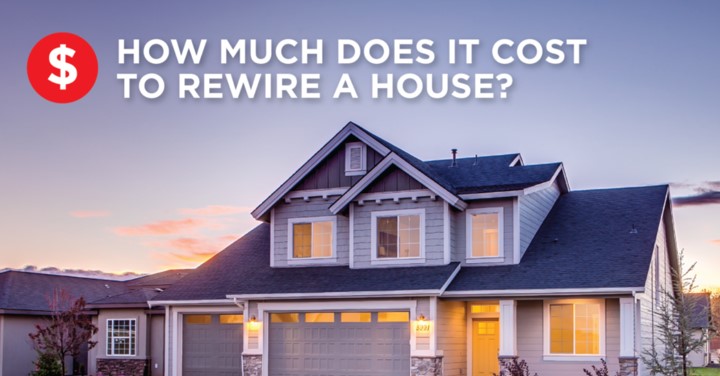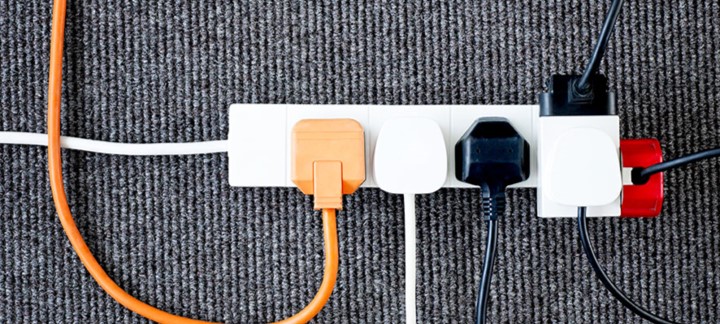How Effective Is Solar Power For Your Home?

How effective is solar power? Is it worth the investment to power your home? If you’re considering going solar, these are important questions to think about. After all, solar power is a free and renewable source of energy.
How solar power works
The sun releases energy – light and heat – called radiation. It can be harnessed by using solar panels that contain photovoltaics (PV), which absorb the radiation and convert it into electricity. The sun only emits radiation during the day and is affected by elements like cloud cover, so it must be combined with a method of energy storage.
Do you want to obtain solar power? Consider installing a solar power system for your home. You can get your local electrician to personally install your solar panels for you.
Now, let’s look at the 8 benefits of using solar power.
8 benefits of using solar power for your home
1. Affordable solar power system prices
The prices for solar power systems have come down significantly, costing about 40% less to install in 2018 than they did in 2012. For example, the average price for a 5kW system in 2018 is $5,880 compared with $12,290 in 2012.
2. Increase in average system size means better value for money
As prices have come down, the average size for solar power systems has increased. Today, you’ll find most homes installing 3kW to 10kW systems compared with 1kW to 2kW systems several years ago. And the larger systems almost always offer better value for money than the smaller systems.
3. Shorter payback periods and better internal rate of return
It’s important to choose a solar power system that’s the right size for your home, so you can use at least 30% of the energy it produces directly. If you install a 5kW system and have a self-consumption rate of 30%, you can expect a payback time of less than 6 years on average. And your internal rate of return (IRR) for the first year would be 18% on average.
You can further reduce your payback period and maximise your returns by: •Increasing your rate of direct solar energy consumption, eg use electricity during the day when the system’s producing electricity. •Reducing your energy use, eg buy energy-efficient products and turn off lights and electrical equipment when not in use.
4. Increase your home’s value and sell more quickly
The more solar panels you have on the roof, the higher your home’s value will be – you can expect an increase of almost $6,000 per kW of solar power. So if you installed a 5kW system, your home’s value will go up by more than $29,000.
What’s more, everyone needs electricity and if the cost of using electricity is greatly reduced with a home that has a solar power system installed, people will view your home favourably when it’s up for sale. This means you could sell your home faster by up to 20%.
5. Reduce your energy bills
If you don’t plan on selling your home, you can enjoy the benefit of future savings. Over the years, you’ll get to save thousands of dollars on your energy bills and the savings made will recoup the cost of installing your solar power system.
6. Make your home go off-the-grid
Traditional electricity relies on limited resources like coal and natural gas, making energy prices high. But if you invest in a solar power system and use solar electricity, you’ll make your home go off-the-grid. This means you can protect yourself from continually rising energy prices and enjoy cost-effective electricity every day.
7. Reduce electricity transmission loss
Solar panels increase electricity efficiency in terms of the short distance it takes to transmit electricity to your home, as the electricity is generated and used in the same place. What’s more, a solar power system is durable so there are less chances of service interruption.
8. Improve power grid security
Every house that has solar panels installed is self-sustaining, and the more houses there are using solar power, the greater the power grid security will be. So whether a natural or human-caused disaster occurs, you’re less likely to experience a blackout or brownout.
Ready to install your own solar power system? If so, it’s time to start planning.
How to plan your solar power system
Here’s what you should do when planning to power your home with solar power: •Investigate your electricity use and consider efficiency upgrades – Find out where your home is losing energy. You might have to switch to energy-efficient lighting, appliances, and electronics. •Assess the potential amount of solar power that can be produced at your home – Consider nearby trees that could shade your system and if your roof needs to be replaced due to old age. You’ll have to work with a certified electrician who can accurately assess your solar potential. •Consider your options for using/going solar – You could buy or lease a solar power system or host a solar power system via a purchase power agreement (PPA). •Estimate how much solar electricity you’ll need – Look at your energy bills to determine your annual electricity needs and consider any planned changes to your home that could increase or reduce your electricity needs. This’ll help your solar installer provide recommendations for your system’s type and size. •Find a solar installer – Obtain three quotes for the installation and choose a licensed or certified installer. There are professional electricians who can assist you with choosing the right system size and installation. •Explore all solar financing options – You could use your savings or borrow money from a lender. Solar rebates and other financial incentives are available. •Work with your installer and electricity provider – Your installer will ensure the system is placed correctly and oriented to effectively capture solar energy to be used by your system. Also speak with your electricity provider about billing, net metering, and any extra utility fees you have to pay.
So, is solar power an effective way of powering your home?
The effectiveness of solar power depends on a variety of factors, such as your location, shading, energy use, system size, and installation. And since solar power is an intermittent energy source, it must be stored if you’re not going to use it immediately. You can use rechargeable batteries to store the excess electricity. If you’re able to harness solar power smartly, this’ll help reduce your energy costs and ensure electricity is readily available, making it worth the investment.
If you’re thinking about switching to solar power, contact the experts at Linc Electricians. We can help you choose the right solar power system for your home, as well as install the system in a way that effectively powers your home.





